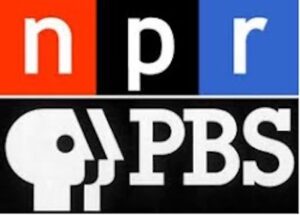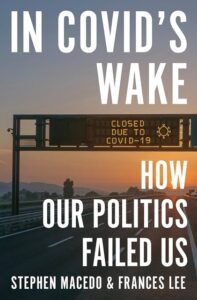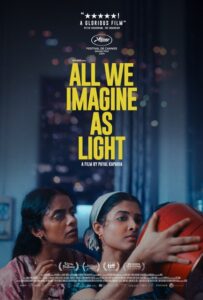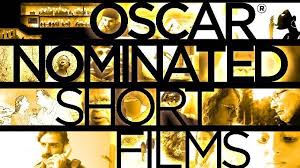Is Britain the Most Anti-Free-Speech Country in the World?

I used to think of Britain as a bastion of liberty. The home of John Locke and George Orwell. The land that gave us the Magna Carta and the stoic principle of “stiff upper lip.” But if you’ve been paying attention lately, you might be asking the same question I am: Has Britain quietly become the most anti-free-speech country in the democratic world?
A recent case makes the point. Hamit Coskun, a Turkish-born atheist and political refugee, burned a Quran outside the Turkish consulate in London in February. He did so in protest against the Erdoğan regime and the rise of Islamist authoritarianism in his home country. The act was symbolic, nonviolent, and explicitly political.
For that, he was assaulted in broad daylight by passersby – and then arrested. He was prosecuted by the Crown for a “religiously aggravated public order offense” and convicted by a judge who said Coskun was motivated by “a deep-seated hatred of Islam and its followers.”
This is how things now work in Britain: If someone attacks you during a protest, your attacker can be used as evidence against you. Coskun’s supposed crime was not his action but the reaction it provoked. In other words, if your speech upsets someone enough to become violent, you may be prosecuted – not them. What better way to encourage the heckler’s veto?
Coskun’s real offense was to criticize a religion now functionally immune from critique. The judge didn’t believe he was protesting Islamism or Erdoğan’s political use of religion because, get this, he didn’t shout “Erdoğan” enough while being kicked and chased. So now, apparently, if you’re physically assaulted in Britain during a protest, you must also offer clear political narration – on the spot – or the courts may infer your true intent.
This isn’t an isolated incident. In recent months, British citizens have been arrested for silently praying near abortion clinics. Not shouting. Not protesting. Not harassing. Just praying – sometimes on their own private property. Why? Because they were within “buffer zones” around the clinics. The authorities call this a form of “intimidation.”
Even Orwell couldn’t have imagined that thinking the wrong thoughts in the wrong place might become a crime act in the land of Churchill.
Meanwhile, British police are spending increasing amounts of time monitoring social media for offensive speech. Comedians have been investigated. Teenagers have been arrested for reposting memes. Online “hate incidents” are logged in official records even when they don’t meet any criminal standard – just in case they’re useful later.
Let’s be clear: Britain isn’t North Korea. You won’t be disappeared for writing a rude tweet. But the country now leads the Western world in soft authoritarianism – prosecuting protest, punishing dissent, and criminalizing disapproval of favored ideologies. And because it does this under the velvet banner of “inclusivity” and “public order,” many citizens accept it.
Coskun fled Turkey because he believed Britain was freer. He now says he’s not so sure. “If criticism of doctrine is redefined as hatred of believers,” he writes, “then space for lawful criticism of that religion – or any religion – collapses.”
He’s right. And the more we allow this inversion of logic to fester, the more Britain begins to resemble the very regimes people like Coskun fled.
So, I ask again: Is Britain the most anti-free-speech country in the democratic world? On paper, no. In practice, it’s getting hard to argue otherwise.










